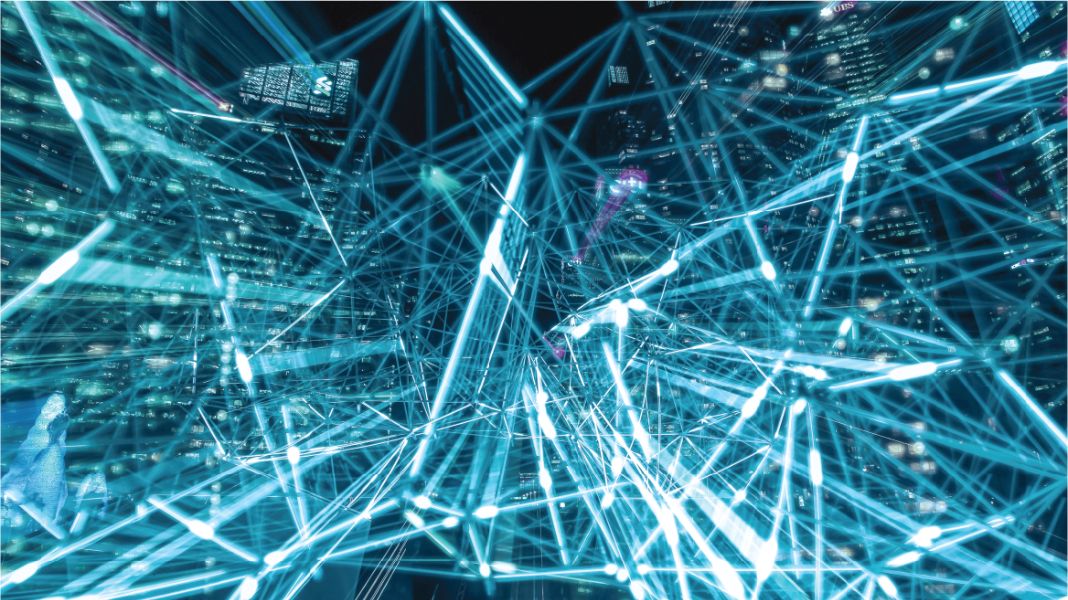Disruptive innovation, driven by new technologies such as artificial intelligence, the Internet of Things, advanced analytics and automation, is changing the way supply chains are planned, operated and managed around the world. What must be done is to explore opportunities and prepare to face the challenges posed by disruptive innovation for companies and actors involved in the supply chain.
At the International Forum “XXVI Expogestion 2023 – Transforming Tomorrow”, an event organized by GS1 Peru, Amar Ramuhdin, professor at Harrisburg University of Science and Technology, United States and former director of the University of Hull/Kingdom Logistics Institute United, stated that this pandemic exposing long-standing weaknesses, but also bringing many innovations. “If we look at innovation, many companies have succeeded by applying technology, one example is the growth of electronic commerce. This sector is experiencing growth on average, as if 10 years have passed. “It’s amazing, Amazon saw an increase of about 37% in its sales, and its profits increased by 200%,” said.
Ramuhdin added that this pandemic has left behind innovations that will mark supply chains and present us with global challenges such as geopolitical tensions, legal protectionism, tariff uncertainty, and others. The key to overcoming these challenges is to increase supply chain resilience, but first we need to address the weak points of our offering to have a solid risk management strategy, contingency and supplier diversification.
“We’ve all seen the problems of being dependent on one supplier, especially with all these geopolitical issues. Considering this, it is necessary to have suppliers who are closer to us, therefore supplier diversification is one of the keys that needs to be considered to increase supply chain visibility and then strengthen collaboration. “Adaptation of new technologies needs to be accelerated to allow for more automation, increasing business intelligence, data analysis and artificial intelligence capabilities,” the teacher emphasized.
Artificial intelligence will facilitate penetration and willingness, and the challenge for companies will be to secure the workforce. How do you get your workers to learn all this stuff? If you are a manufacturer, retailer or global logistics operator, you need to forge new relationships with education providers to promote apprenticeships, master’s degrees or doctoral programs in new technologies, to train your workforce. Business intelligence with AI is needed today.
“Supply chain innovation enables a combination of data analysis, artificial intelligence and understanding customer behavior. If you combine all of this, you can improve demand forecasting and provide better service through technology.”he finished.

“Entrepreneur. Internet fanatic. Certified zombie scholar. Friendly troublemaker. Bacon expert.”







